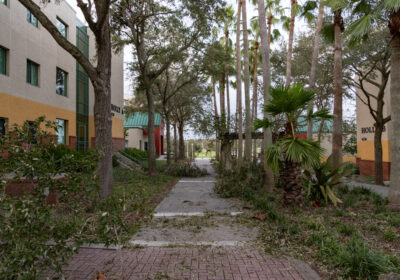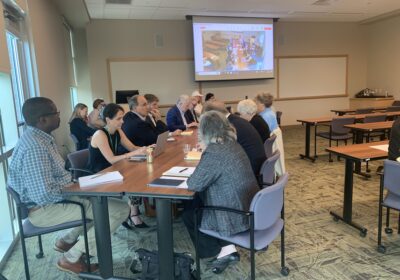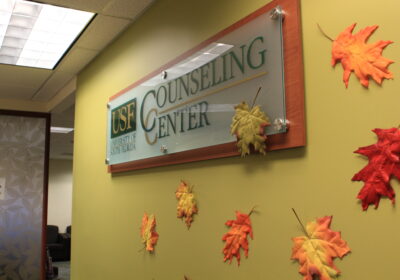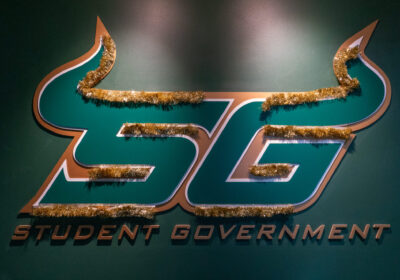National survey ranks USF last among tier I Fla. schools
Out of 262 American universities, USF ranks in the bottom half academically and last among top state institutions, according to a survey taken by administrators throughout the nation.
USF placed 183rd, according to the U.S. News & World Report website, among tier 1 schools, which comprises the top 75 percent of schools in the country.
The University of Miami was ranked 47th in the nation, followed by the University of Florida at 53rd and Florida State University at 104th. The Florida Institute of Technology was ranked 159th, the University of Central Florida placed 179th.
The ranking derives from these weighted factors: undergraduate academic reputation, graduation and retention rates, faculty resources, student selectivity, financial resources, alumni giving and graduation rate performance. The most heavily weighed – undergraduate academic reputation – stands for 22.5 percent of the final score, according to the website.
Harvard ranked first in the nation, according to the poll, followed by Princeton and Yale.
Top academics, including presidents, provosts and deans of admissions take surveys of the other 261 schools to measure their reputation, according to Jacqui Cash, communications and marketing officer at USF.
“How does a president, provost or admissions dean, as knowledgeable as they are in higher education, accurately and fairly assess all of the qualities and details in the survey?” Cash said.
Starting this year, high school guidance counselors’ evaluations of universities’ reputations factored into the survey.
“They’re looking at the college reputation from a different angle, so this is a new twist in things this year,” Cash said.
The section on faculty resources measures the proportion of professors with the highest degree in their fields, the student-faculty ratio and full-time staff.
According to the Princeton Review, USF’s student-faculty ratio is 27:1.
Cash said that the Carnegie Foundation listed USF as 60th in the top tier of research universities.
“Even if you don’t engage in undergraduate research, which is unique to USF, you still are being taught by some of the leaders in the various disciplines who are developing and creating the new knowledge in that field,” Cash said.
Graham Tobin, associate vice president for academic affairs, said that smaller classes can be “advantageous for students.”
“The reason it’s a challenge for us is our student-faculty ratio is one of the worst in the nation for research,” Tobin said.
He said that lowering the ratio can aid quality student education.
“As far as trying to manage growth at the undergraduate level at USF, a lower student-faculty ratio preserves the educational experience for our students as does keeping a watchful eye on the growth,” Cash said. “This is a state-wide issue.”
Although USF’s ranking falls behind many other Florida schools, its students maintain a positive outlook.
Shawn Rzepa, a junior majoring in international studies and economics, said that “job qualifications” are what makes a “person stand out.”
“Someone who went to Harvard has just as good of a chance getting a job as someone who went to USF – they just paid for it,” Rzepa said.
Dudley Hall, a junior majoring in musical performance, transferred to USF from Yale and said that he’s “getting good vibes from USF.”
“I think the prerequisite classes and some math classes are out of textbook mostly. It’s pretty much the same textbook and the same material,” Hall said.






